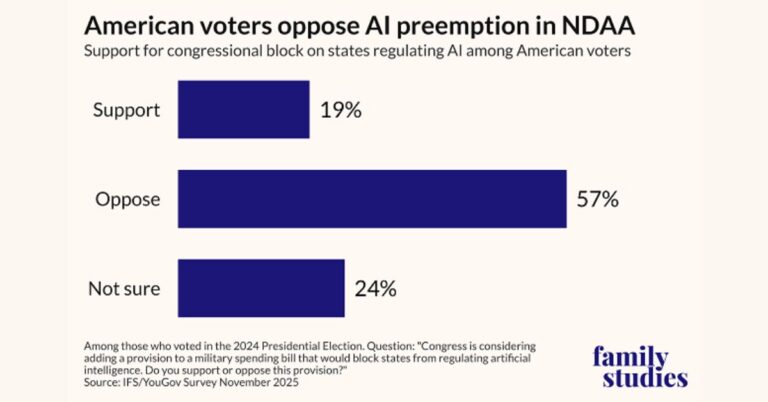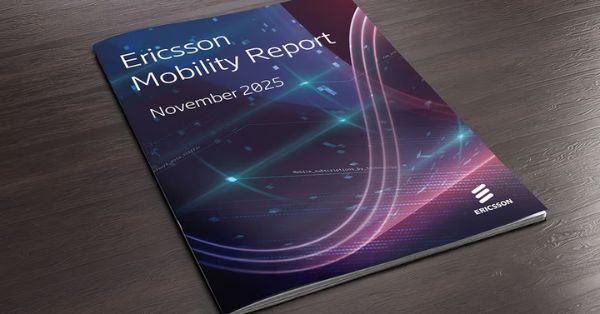Introduction | SK Telecom’s AI Journey
In an era where artificial intelligence (AI) is reshaping industries, SK Telecom (SKT), South Korea’s premier telecommunications provider, is taking bold steps to redefine its identity and operational model around AI. This transformative vision aims to position SKT not just as a telecommunication giant, but as a global leader in AI innovation. By embedding AI at the core of its business, SKT seeks to unlock new realms of connectivity solutions, enhance customer experiences, and streamline operational efficiencies, thereby setting new industry standards.
Strategic Collaboration and Investment in AI
At the forefront of SKT’s AI strategy is a series of strategic partnerships and investments, illustrating the company’s commitment to fostering innovation and leveraging external expertise. With a significant $100 million investment into Anthropic and collaboration with OpenAI, the creators of ChatGPT, SKT is not just riding the AI wave but actively shaping its direction. These partnerships are crucial for SKT, providing access to advanced AI technologies and research that can be tailored to enhance telecommunications services. Additionally, the formation of the Global Telco AI Alliance, which includes heavyweight partners like Deutsche Telekom, e&, Singtel, and SoftBank, underscores SKT’s leadership in creating a collaborative ecosystem aimed at developing a telco-specific LLM. This alliance not only signifies a collective effort to push the boundaries of AI in telecommunications but also serves as a strategic move to pool resources, knowledge, and technologies, ensuring that the members stay at the forefront of AI advancements.
The AI Pyramid Strategy
The AI Pyramid Strategy is SKT’s blueprint for integrating AI across its operations and services. This comprehensive approach is structured around three pillars: AI Infrastructure, AI Transformation (AIX), and AI Service. The base layer, AI Infrastructure, involves the development of state-of-the-art data centers equipped with AI semiconductors and multi-LLMs. These facilities are designed to handle the increasing demand for AI computations and data storage, ensuring SKT’s capability to support advanced AI functions.
The middle layer, AI Transformation (AIX), represents a strategic overhaul of SKT’s core business areas such as mobile, broadband, and enterprise services, integrating AI to unlock new levels of efficiency and customer satisfaction. By embedding AI into its operations, SKT aims to streamline processes, enhance decision-making, and deliver personalized customer experiences, setting a new standard for service delivery in the telecommunications sector.
At the pinnacle of the strategy, AI Service, SKT aims to redefine human-digital interaction through advanced AI services. The launch of ‘A.’, a personal AI assistant, symbolizes SKT’s ambition to lead in the AI service domain, offering users unprecedented convenience and personalized assistance. This tier of the strategy is about bringing AI directly into the lives of customers, transforming how they interact with technology on a day-to-day basis.
SKT’s AI Innovations and Developments
SKT’s innovation drive is vividly illustrated in its development of ‘A.’, an AI assistance service designed to redefine customer interactions with technology. ‘A.’ represents a leap towards creating more intuitive, seamless interfaces between customers and digital services. Beyond ‘A.’, SKT is venturing into health and lifestyle enhancements with AI sleep management solutions and AI music services, showcasing the versatility and depth of AI applications in improving everyday life.
The focus on AI data centers highlights SKT’s strategic investment in the infrastructure required to support its AI ambitions. These centers are not just about storage and computation; they are the backbone of SKT’s AI ecosystem, enabling the company to process vast amounts of data efficiently and sustain its AI-driven services. This infrastructure is pivotal in SKT’s strategy to maintain a competitive edge in the AI domain, ensuring the company remains at the forefront of technological innovation.
Strategic Partnerships for Market Revolution
SKT’s partnership with Humane Inc., centering on the Humane AI Pin and CosmOS, showcases a visionary approach to capturing the AI market in South Korea and beyond. This collaboration is not just a business move; it’s a strategic initiative to introduce a new category of AI-driven devices and operating systems into the market, potentially setting a new direction for the telecommunications and technology sectors. This partnership reflects SKT’s commitment to leading the AI revolution, bringing cutting-edge technology directly into the hands of consumers and reshaping how they interact with digital devices.
Challenges and Future Outlook for AI in Telecom
As SKT advances its AI-driven transformation, the company is mindful of the challenges ahead, including ethical considerations, the impact of AI on employment, and ensuring the responsible use of AI technologies. These challenges are not trivial, but SKT’s proactive approach to collaboration and its strategic investments in AI research and development position the company well to address these issues head-on.
By 2028, SKT’s ambitious goal to triple its AI-related investments underscores the company’s commitment to becoming a global AI powerhouse. With a revenue target of KRW 25 trillion, SKT is not just envisioning a future where it leads in AI; it is actively building it. This forward-looking vision demonstrates SKT’s belief in the transformative power of AI and its potential to create value for customers, industry, and society.
AI Ethics and Social Responsibility
As SK Telecom accelerates its journey towards becoming an AI-centric telecommunications leader, the company is deeply committed to navigating the ethical dimensions of AI development. Understanding that the power of AI comes with significant responsibility, SKT has proactively established a framework for ethical AI use, focusing on transparency, fairness, privacy, and security. This commitment is embedded in every layer of SKT’s AI strategy, ensuring that as the company innovates, it also protects and respects the rights of individuals and communities.
SK Telecom’s approach to AI ethics emphasizes the development of AI technologies that are not only advanced but also equitable and accessible. The company is dedicated to mitigating biases in AI algorithms and ensuring that its AI solutions are inclusive, catering to a diverse spectrum of users. By prioritizing data privacy and security, SKT is setting a high standard for customer trust, implementing robust data protection measures to safeguard personal information against misuse and breaches.
Furthermore, SK Telecom is actively involved in dialogues and partnerships with stakeholders, including government bodies, academia, and civil society, to shape policies and practices that foster a healthy AI ecosystem. These collaborations aim to address societal concerns about AI, such as job displacement and the digital divide, ensuring that the benefits of AI are widely distributed. SK Telecom’s commitment to social responsibility is also evident in its initiatives to use AI for social good, such as enhancing accessibility for people with disabilities and leveraging AI to tackle environmental challenges.
Through these efforts, SK Telecom is not just advancing its technological capabilities; it is also leading by example, demonstrating how companies can harness AI’s potential responsibly and ethically. By prioritizing ethical considerations and social impact, SKT is contributing to a future where AI technologies enhance human capabilities and improve lives, aligning technological innovation with societal values and needs.
SKT’s Global Expansion and International Collaboration
Recognizing the global nature of the AI revolution, SK Telecom is actively seeking to expand its influence and collaborate internationally, beyond its foundational partnerships and alliances. The company’s global expansion strategy is multifaceted, involving strategic investments in AI startups around the globe, participation in international consortia dedicated to AI and telecommunications, and the export of AI-driven solutions and services. These efforts are designed to position SK Telecom as a global leader in AI, extending its reach and impact well beyond South Korea.
SK Telecom’s international collaborations are not just about technology transfer; they are about co-creating the future of AI with global partners. By investing in and partnering with AI innovators worldwide, SKT is gaining insights into emerging technologies and market trends, enabling it to stay ahead in the fast-evolving AI landscape. These partnerships also facilitate the exchange of best practices and knowledge, fostering a collaborative environment where innovation thrives.
Moreover, SK Telecom is actively contributing to the development of global standards for AI in telecommunications. Through its involvement in international forums and regulatory bodies, SKT is advocating for policies and standards that promote innovation while ensuring fairness, privacy, and security. This leadership role underscores SKT’s commitment to not only advancing its interests but also contributing to the broader global dialogue on the responsible and effective use of AI.
As SK Telecom continues to expand its global footprint, it remains focused on building meaningful partnerships that drive mutual growth and innovation. By doing so, SKT is not only enhancing its international presence but also playing a pivotal role in shaping the global AI ecosystem. This strategic approach to global expansion and collaboration highlights SKT’s vision for a connected world where AI drives progress, innovation, and positive change across borders.
Conclusion
SK Telecom’s strategic pivot towards AI heralds a new era in telecommunications, where AI is not just an adjunct technology but the core around which services and operations revolve. Through strategic collaborations, innovative service offerings, and a comprehensive AI infrastructure, SKT is not merely adapting to the AI revolution; it is seeking to lead it. As the company continues to push the boundaries of what’s possible with AI, SK Telecom is setting a new benchmark for the integration of artificial intelligence in the telecommunications industry, promising a future where technology enhances every aspect of human life.







































